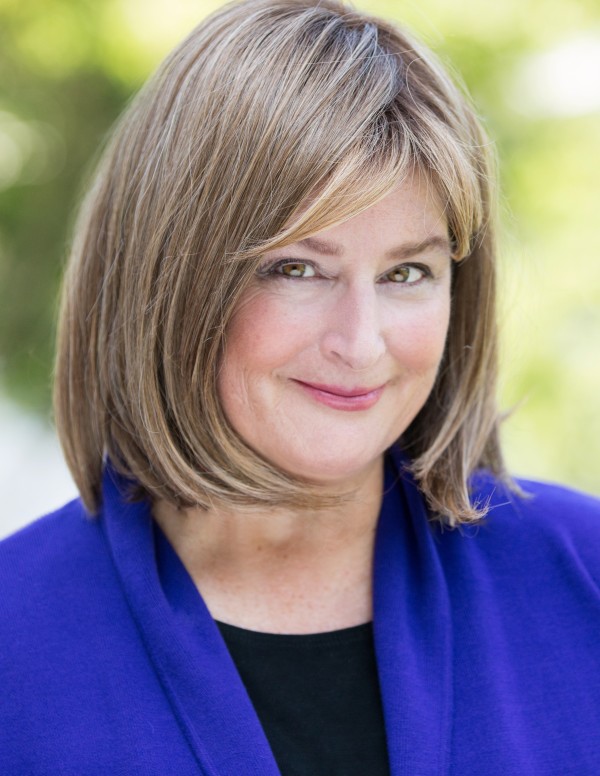Audiences have been asking for my most important lessons-learned from my travels while writing my new book SOMEDAY is Not a Day in the Week.
So I’ve decided to distill my epiphanies into a top-ten list and will be sharing them here. Hope you find them intriguing, inspiring and most of all … useful.
Have you ever driven California’s spectacular Pacific Coast Highway? If so, you’re familiar with its many hairpin turns. In the day, you can see what’s ahead and adapt accordingly.
Unfortunately, I made a big mistake. I didn’t get there during the day, I got there at dusk.
What happened next taught me a BIG lesson about the dangers of an “Always put other people first” default.
After the sun went down, it got really dark. No moon, no street lights, no nothing. What made it worse was the switchbacks kept disappearing out from underneath my headlights.
I had no idea what was coming next.
Left. Right. Left. Left. It felt like my brain was sloshing back and forth in my skull. I completely lost my equilibrium even though I was crawling along with my hands in a death grip on the steering wheel (hmm, probably a poor choice of words.)
I kept trying to reassure myself with, “I can do this. Three hours from now, I’ll be safe and sound in my hotel room.”
Suddenly, a truck zoomed up behind me and flashed its brights. I did what I’d been taught to do growing up in a small mountain valley. I pulled over to let the driver go ahead.
The problem? The pull-out was shorter than anticipated and gravel.
I started braking and sliding. The harder I braked, the more I slid. I finally came to a stop a few feet from the cliff’s edge.
I sat there and shook. The truck was long gone. It was just me, the deserted road, (and I know this sounds dramatic but it’s true), a realization that my lifelong default of putting other people first had just about cost me my life.
Sound familiar?
Is your default, “No, you go ahead. You go first.”
If you’re an executive, entrepreneur, parent or caregiver, this may have become your norm. You may feel it’s your responsibility to put employees, loved ones or patients first.
To what degree? At what cost?
Putting others first and yourself last is an extreme, and any extreme is unhealthy. It causes us to lose our equilibrium.
What’s worse is it sends the message to people at work and at home that we feel we don’t count, that our needs don’t matter.
Is that what we want to teach? Is martyrdom the model we want to pass along?
That close call on the Pacific Coast Highway became a wakeup call. It made me wonder, “Where did I learn this? How did I learn this?”
Well, as with many things, it was modeled to me at home.
My mom was an example of unconditional love. She always believed in my sister, brother and me and encouraged us in everything we wanted to do.
She was also sick the last twenty years of her life, dealing with the effects of Multiple Sclerosis (which was later discovered to have been a misdiagnosed brain tumor.)
My mom was in pain almost every day. If I put my hand anywhere near her neck, I could feel the pain waves vibrating off it.
Yet, she didn’t want to be “a burden” so she soldiered on. I would ask, “Can I help with dinner, Mom? Want me to do the dishes?”
“No thanks, hon, I’ve got it.”
Our mother rarely, if ever, talked about her illness. She didn’t want to be a “complainer.”
She always wanted to know what was going on with our lives. She never asked for anything for herself. If we offered, she usually demurred, not wanting to “put us out.”
My mom did what she thought was the right thing, the generous thing, at great personal cost. What we learned from her example though was probably not what she intended.
Yes, we received and learned about unconditional love from her, and we will always be grateful for that.
We also learned to not ask for or accept help.
We learned to be “strong” and not share our pain.
We learned that the last thing you wanted to be was a “burden.”
We learned that putting other people’s needs first, and not thinking of our own, was the noble thing, the right thing, to do.
Serving others IS a noble thing.
And I’ve come to understand it’s even more noble when we balance it with serving ourselves. That’s what we want to model – that it’s not only possible, it’s preferrable to take care of ourselves and at the same time take care of others.
How about you? Are you running on empty?
Are you stressed out, burned out, experiencing health challenges?
All are clear signs you’re not enforcing your boundaries – or that you don’t have any boundaries.
As Brene Brown says, “Exhaustion is not a status symbol.”
Exhaustion is an indication you’re putting everyone else first – and yourself last.
Next time you’re about to take yourself out of your own story and say, “No, you go ahead. You first,” ask yourself:
* Am I putting this person’s needs first and not even considering my own?
* Do I frequently sacrifice what I want to give this person what s/he wants?
* Does my giving in or going along count as “martrydom?” Is this a one-time thing – or an ongoing pattern?
* What is important to me? What is a need or priority I’ve been putting aside?
* How can I can bring more of that into my life so I’m serving myself as well as others … now, not someday?
Jack Kornfield said, “If your compassion does not include yourself, it is incomplete.”
Starting today, please understand, it is not selfish to put yourself in your own story and do at least one thing every week that energizes and fulfills you, it is smart.
Every time you take responsibility for your own health and happiness, you show it’s possible and you set a powerfully positive precedent for the people around you to do the same.
P.S. I recently re-learned this lesson. I’m supposed to be on tour in NYC, DC, Chicago and SF this week and next for my new book SOMEDAY is Not a Day in the Week.
Instead, I’m in Colorado taking care of a health challenge. Seems this insight about balancing public and personal commitments is not a “one-and-done” epiphany.
The good news is, I am receiving and appreciating help and support from family and friends, and I am honoring this lesson (again) to put my health first instead of giving it lip service and setting it aside for “someday.”
How about you? What will you do today to take better care of yourself and your health? It’s not selfish, it’s smart.


 Sam Horn is the Intrigue Expert, a world-renowned Author, Keynote Speaker and communications strategist who has coached the world’s top entrepreneurs and executives.
Sam Horn is the Intrigue Expert, a world-renowned Author, Keynote Speaker and communications strategist who has coached the world’s top entrepreneurs and executives.